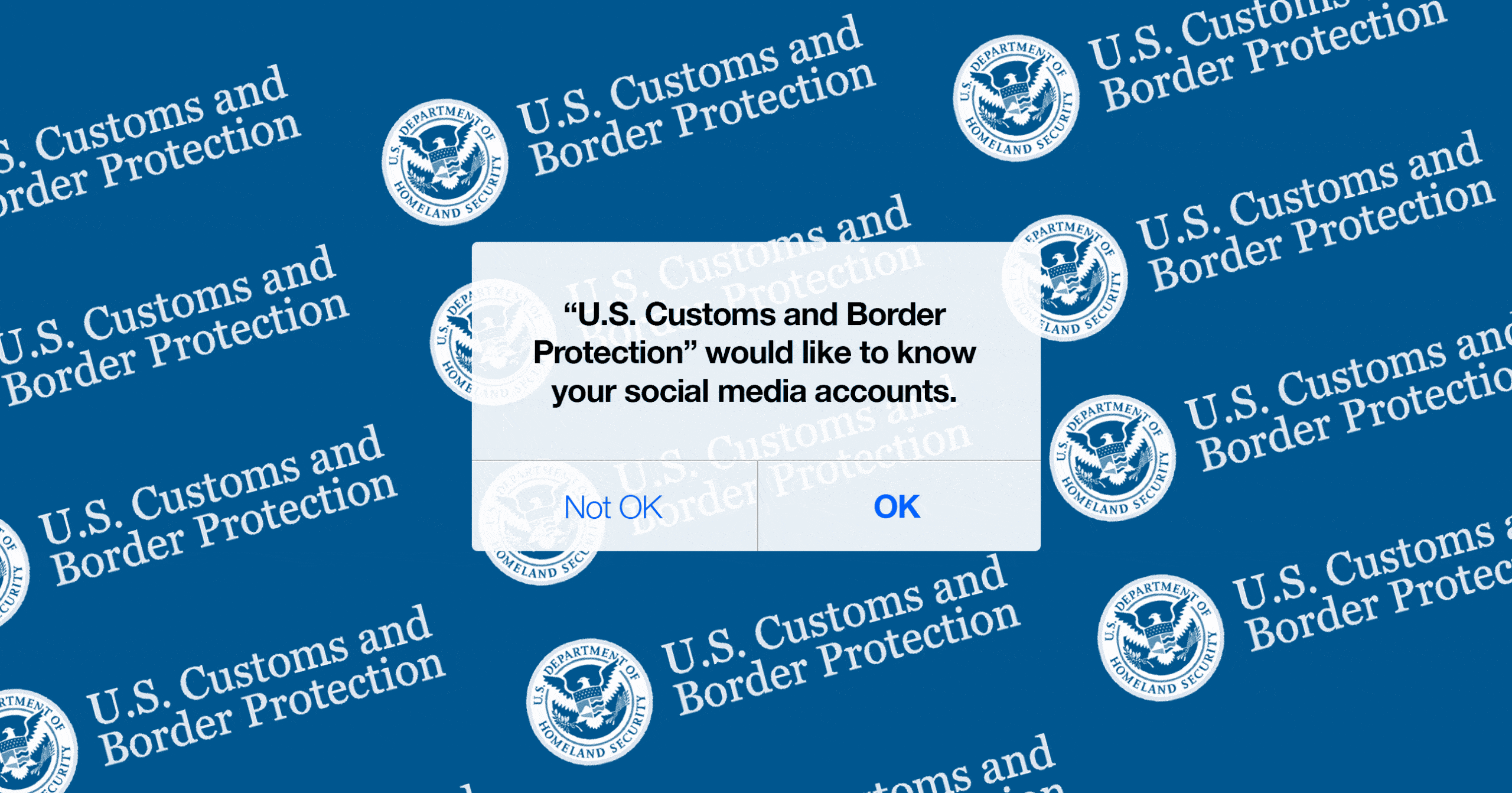(February 16, 2017) New York — More than two dozen human rights and civil liberties groups today wrote to United Nations experts requesting a broad investigation into reports that U.S. border agents are “demanding visitors provide access to their electronic devices as well as passcodes to those devices and online accounts.”
“These practices persist in violation of the United States human rights treaty obligations and your action is needed to hold the government accountable for the protection of human rights at U.S. borders,” they write to special rapporteurs for issues including freedom of expression, minorities, migrants, and others.
“The digital devices that we carry contain our most intimate photos and communications. We trust our device to keep secure our social media data, shopping networks, and bank accounts. Searching travelers’ phones is the digital equivalent of a strip search conducted without suspicion,” said Drew Mitnick, Policy Counsel at Access Now.
“It is a violation of human rights to obtain at the border or elsewhere, by force or coercion, suspicionless access to a person’s digital life… Moreover, the selective enforcement of data collection requirements to target journalists, Muslims, and migrants at the border is particularly offensive, and violates the principle of non-discrimination…” the letter reads.
“Human rights complaints should be investigated wherever they occur. We’re asking U.N. experts to treat the U.S. no differently than any government accused of violating the digital rights of at-risk, marginalized, and vulnerable individuals. We don’t lose our fundamental rights at the border, online or offline,” said Peter Micek, Global Policy & Legal Counsel at Access Now.
The letter, led by Access Now, is signed by the American Civil Liberties Union, Muslim Justice League, Asian Americans Advancing Justice, National Immigration Law Center, T’ruah: The Rabbinic Call for Human Rights, National Iranian American Council, Council on American-Islamic Relations (CAIR), and others.
